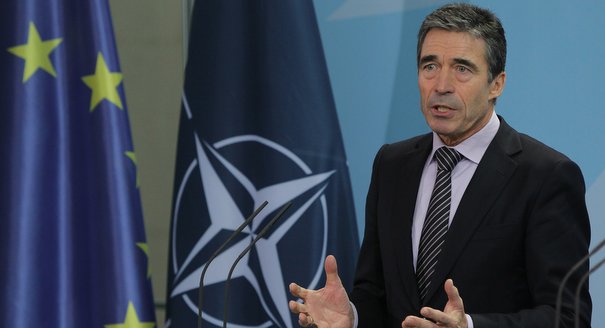NATO is conducting a Deterrence and Defense Posture Review to be completed prior to the May 2012 NATO summit that President Obama will host in Chicago. Among other things, the review will consider what the role of nuclear weapons should be in NATO’s overall military policies and posture.
The good news is that NATO does not now face threats against which it would be necessary or credible to use nuclear weapons, except if Russia or a future nuclear-armed Iran were to threaten the existence of an allied state first. The bad news is that NATO’s nuclear weapons are not useful against the threats that are most likely to arise, such as cyberattacks, energy-supply blackmail, or political subversion. The underappreciated news is that some states believe nuclear weapons are such a safe and protean asset that they will protect against a wide range of threats. This belief encourages leveraging the nuclear deterrent to cover positions that in fact should be backed by real capital in the form of new nonnuclear capabilities and policies.
Rather than a wedding ring that reassuringly symbolizes commitment, as defenders of the status quo argue, the NATO arsenal of nuclear bombs may be more like the euro. In that case, NATO states should learn from the euro crisis. While security conditions in Europe remain relatively benign, they should recapitalize their security commitments and clarify their crisis decisionmaking procedures.







